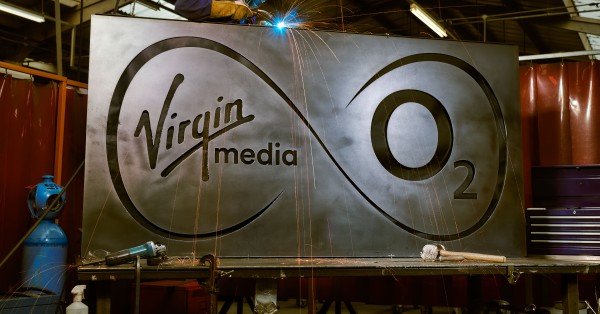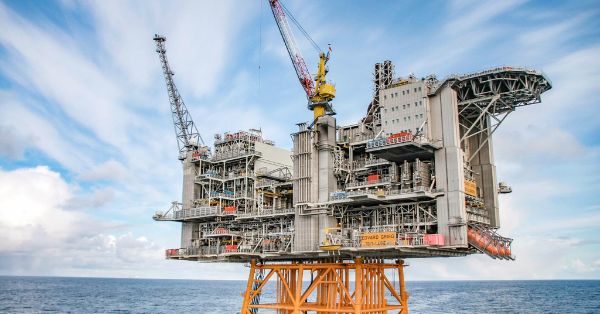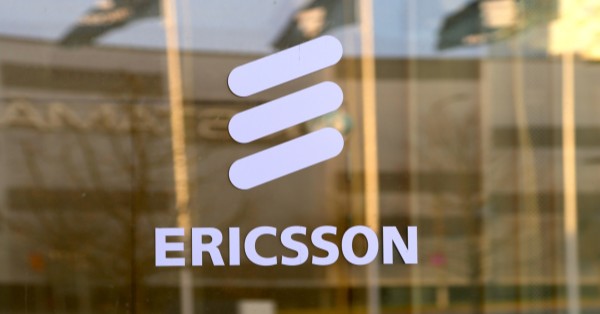Ericsson and Becker Mining Systems AG are unearthing the future of smart mining following the signing of a multi-country reselling agreement. Becker Mining Systems AG has selected Ericsson as the 5G network partner of choice to provide Ericsson Private 5G (EP5G) and private network solutions.
The frame agreement covers many countries, including Canada, the US, Mexico, Chile, France, Germany, and Poland. There are plans to expand the agreement to new countries in the future.
Built on Ericsson’s successful 4G/5G radio and dual-mode core technology, Ericsson Private 5G unlocks a wide variety of innovative use cases for both indoor and outdoor environments while easily integrating with business operations, devices, and applications.
The solution is fundamentally transforming the mining industry by extending technological capabilities, with features such as wireless connectivity enabling the automation of ventilation systems, gas monitoring, real-time vehicle and personnel tracking, telemetry of production equipment, and remote control of production equipment. This, in turn, dramatically improves efficiency, economic savings, workplace health and safety, and sustainability practices.
The improvement of processes, yields, and high availability of technological services is today an essential requirement for the mining industry. According to a report carried out by Ericsson in collaboration with the consulting firm Arthur D. Little, the implementation of technological solutions in the mining sector is forecast to triple productivity growth in the mining market by the year 2025.
Thomas Noren, Head of Dedicated Networks, Ericsson, says: “With deployments underway in several countries, Ericsson and Becker are working together to create data-driven mines around the world. Wireless connectivity through EP5G creates smarter mines that take advantage of electrification, data and information analysis, machine automation and advanced operations that increase productivity, keep miners safe, and cut their carbon footprint.”
Prof. Dr. Franz Becker, Chief Executive Officer of Becker Mining Systems, says: “Connected mine projects are the future of the mining industry by guaranteeing efficiency, greater profitability, safety for miners and less environmental impact, by automating mining companies, they can increase their sustainability by reducing fuel consumption and CO2 emissions. This solution heralds in Industry 4.0 and will become a global benchmark for the mining industry.”




























